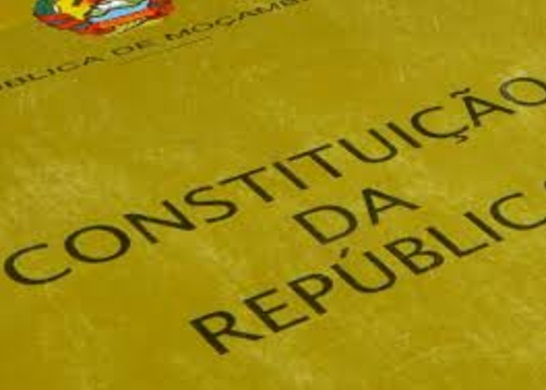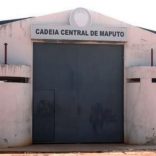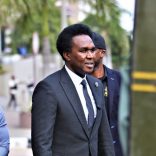Mozambique: Parliamentary Commissions analyse Draft Law on Internally Displaced Persons - Notícias ...
Mozambique: Parliament waves through constitutional changes on decentralisation

Mozambique’s parliament on Wednesday approved on its first reading a one-off revision of the constitution aimed at advancing with administrative and political decentralisation in the country.
The proposal was approved without debate by all 237 deputies present at the session, from all three parties with seats in parliament – the governing Frelimo party, the main opposition Renamo, and the third-largest party, the MDM.
Under the changes, from the 2019 general elections onwards provincial governors are to be elected, instead of being appointed by Mozambique’s president as they have been since the country became independent from Portugal in 1975.
The governor of each province will be the person who heads the winning list of candidates, among those put up by parties or coalitions in the province.
District administrators are also to be elected, but only from the 2024 general elections, by a similar system. At present they are appointed by the minister of state administration. In the general elections scheduled for 2019, these administrators are to continue to be appointed by the minister, but only after consulting the provincial governor who is elected in those elections – a procedure that is entirely new.
At the municipal level, the constitutional revision would also mean that each mayor is elected by virtue of being the top candidate on the winning party or coalition list for elections to the municipal assembly, from the elections scheduled for 10 October this year. Until now, since the 1998 municipal elections, mayors have been directly elected.
The constitutional revision also foresees the creation of a new position: that of secretary of state for each province, to be appointed by the president, to oversee the exercise of powers that are exclusively those of the central government.
It foresees the creation of provincial, district and municipal executive councils.
Excluded from decentralisation are functions relating to sovereignty, including defence, security and public order, border security, the issuance of currency, and diplomatic relations. Also excluded are natural resources, minerals and energy, management of watercourses, territorial seas, the country’s exclusive economic zone, and the creation and alteration of taxes.
Mozambique: Impasse over district administrators continues – AIM report
There was no debate in parliament before the vote, because the three parties’ leaders had reached a consensus on the proposals beforehand, and made formal declarations calling for their approval.
The proposed revision was submitted to parliament on 9 February by the country’s president, Filipe Nyusi, in the wake of an agreement reached with the leader of Renamo, Afonso Dhlakama, after talks to bring to an end several years of violent clashes between members of Renamo’s armed wing and government forces.
Dhlakama died earlier this month of health complications.
ALSO READ: Proposed constitutional changes give “limited powers” to provincial and district assemblies – CIP












Leave a Reply
Be the First to Comment!
You must be logged in to post a comment.
You must be logged in to post a comment.